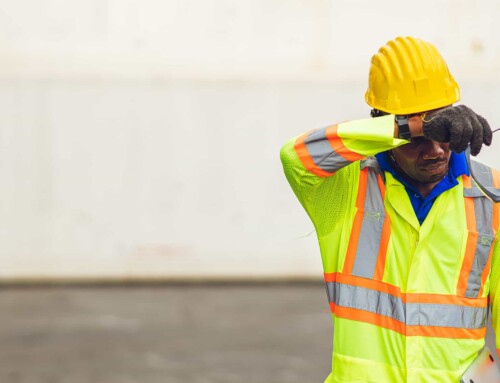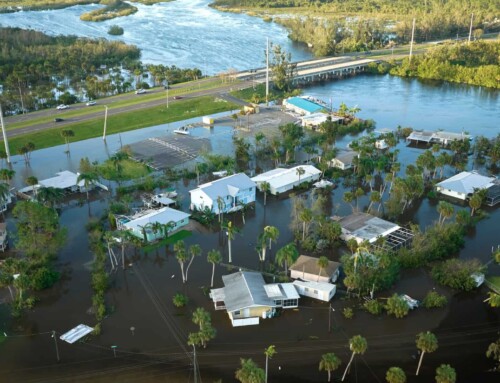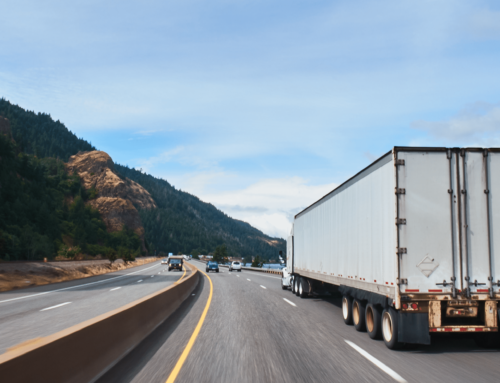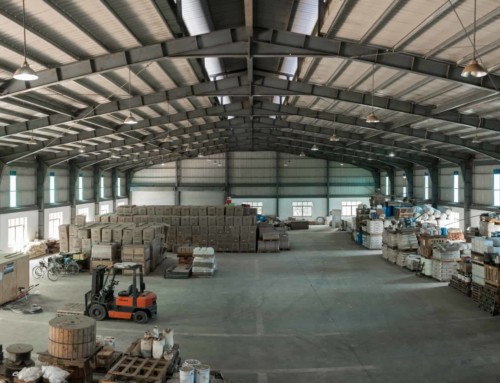The process of recovering after a hurricane can be a long and arduous one, oftentimes taking months or years after the media coverage has stopped. In the immediate aftermath of a natural disaster, it is important to allow emergency recovery teams and first responders to do their jobs in caring for the survivors and performing large scale cleanup. However, once the rebuilding stage begins, communities affected by hurricanes rely on the cooperation of individuals, community organizations, private sector partners, and government agencies working together to help them recover. With so many wanting to offer their support, it is vital to know the most effective way to do so.
How to Help
The first step is to get in contact with a suitable volunteer association. The National Voluntary Organizations Active in Disaster (NVOAD) website hosts a list of both national and state affiliates that have resolved to help alleviate the impact of emergency situations. This list is comprised of various community and faith-based organizations, as well as nonprofits, ensuring that a trustworthy group can be found that fits the volunteer’s personal belief system. The NVOAD website also allows specific recovery efforts to be signed up for and uses a registration system to help place new volunteers depending on need and skillset.
In many cases following a storm, there is an influx of volunteers directly to the cities that were affected. However, this can actually have an adverse effect on the recovery effort. Following Hurricane Harvey in Houston, many volunteers from outside the city became stranded because of the extensive flooding. For this reason, response organizations encourage volunteers not to self-deploy, and to remain patient while they wait to be directed to the most prudent location.
Volunteer organizations can also help determine whether it is appropriate to collect and donate goods. It is important to communicate with a local group about what kinds of items are needed for the recovery effort and the logistics of how and where to send them, before collection. Unsolicited donations force resources to be used to sort, package, and distribute items that may not even meet the needs of the community.
No matter the stage of recovery, financial contributions are always the most effective and efficient way to help. Most national organizations will offer a way to donate right on their website, but local volunteer affiliates can be contacted to donate to their relief efforts, as well. Donations provide the largest benefit because they can be used in whatever way is most needed at any given time, and can help make the community functional again.
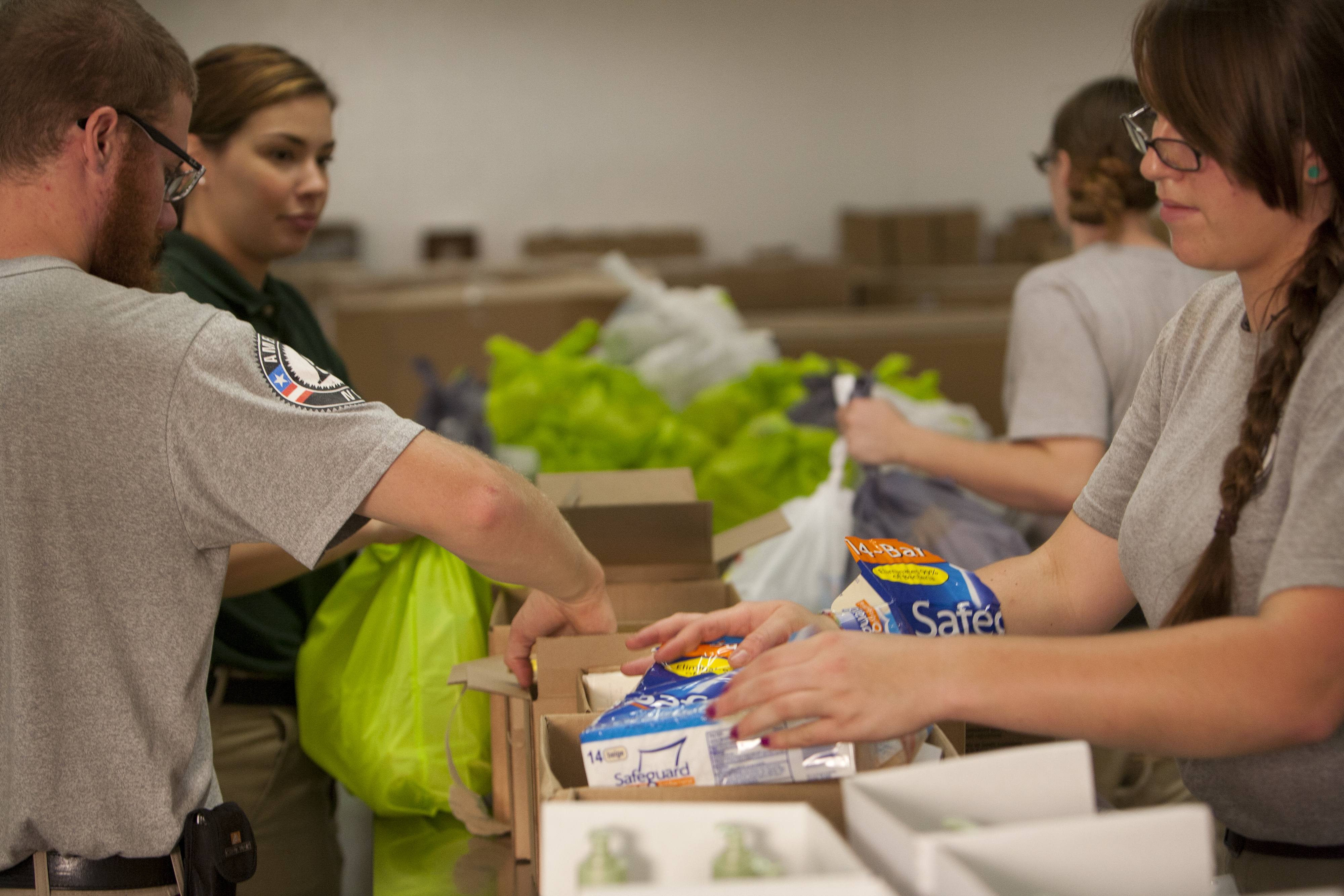 FEMA/Christopher Mardorf
FEMA/Christopher Mardorf
Whether there is a crisis or not, the importance of both donations and volunteers in the hurricane recovery effort can not be understated. After a natural disaster, these organizations often rely on previously registered volunteers to help provide immediate relief and donations allow them to plan and prepare a response before the event occurs.
To sign up as a volunteer or to donate, you can find more information on the NVOAD website: https://www.nvoad.org/howtohelp/. You can also go directly to the American Red Cross website: http://www.redcross.org/about-us/our-work/disaster-relief/hurricane-relief.


